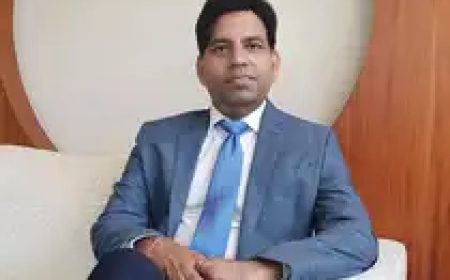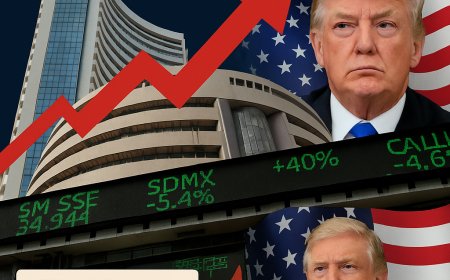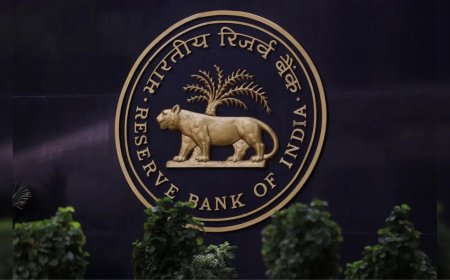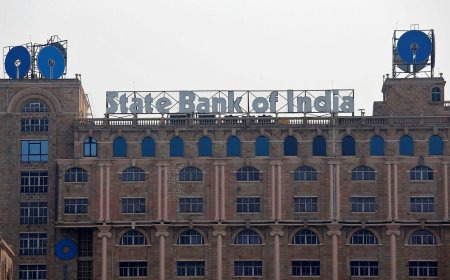We are not fighting our own': Mamata, Himanta in fresh war of words over citizenship, infiltration
Mamata Banerjee and Himanta Biswa Sarma reignite debate over citizenship and infiltration, raising regional tensions and investor concerns. Read the full analysis.
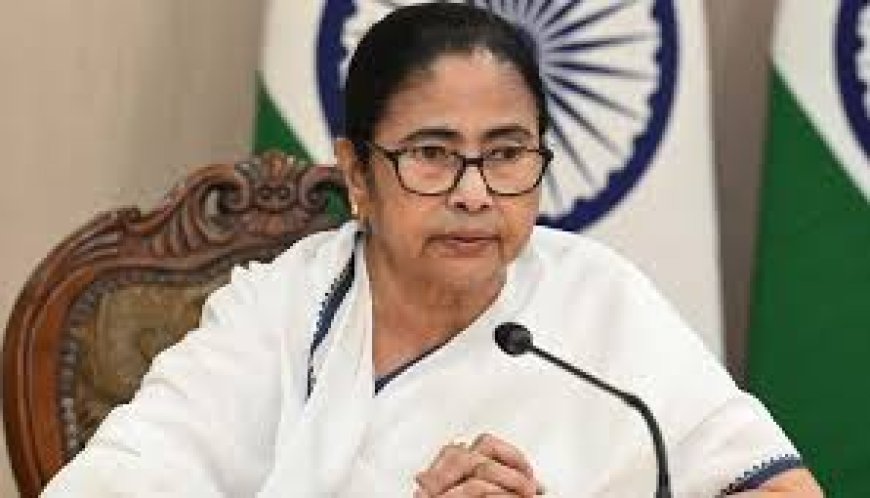
A fresh political standoff is brewing in Eastern India as West Bengal Chief Minister Mamata Banerjee and Assam Chief Minister Himanta Biswa Sarma locked horns once again—this time over sensitive issues of citizenship and infiltration. At the core of the dispute lies the National Register of Citizens (NRC), the Citizenship Amendment Act (CAA), and long-standing migration tensions in the region. The sharp exchange has reignited the larger debate on identity, federalism, and the politics of exclusion.
Backdrop: Polarized Narratives Around Citizenship
The renewed war of words started during Mamata Banerjee’s recent address in Cooch Behar, near the Assam border, where she accused the Centre and neighbouring BJP-ruled states of deliberately labeling Bengali-speaking people as infiltrators.
“We are not fighting our own people. They are trying to divide Bengalis in the name of religion, caste, and origin,” Banerjee said, referring to the implementation of the NRC and the implications of the CAA.
Her comments drew a swift and sharp rebuttal from Assam Chief Minister Himanta Biswa Sarma, who accused Banerjee of turning a blind eye to illegal infiltration from Bangladesh and compromising national security for political gain.
“West Bengal cannot become a shelter for infiltrators under the garb of citizenship. National interest must come first,” Sarma stated during a press conference in Guwahati.
Underlying Issues: NRC, CAA and Demographic Concerns
The conflict is deeply rooted in the BJP’s push for nationwide implementation of the NRC and CAA. Assam underwent an NRC exercise in 2019 that excluded over 1.9 million people from the citizens’ register, a large proportion of whom were Bengali Hindus and Muslims.
While the BJP claims these moves are aimed at identifying illegal immigrants, critics, including Banerjee, argue the actions are discriminatory and politically motivated.
Political analyst Anirban Bhattacharya explains:
“This is not just a state-versus-state issue. It reflects the ideological divide between the BJP’s majoritarian nationalism and Trinamool’s inclusive regionalism. Both sides are playing to their core constituencies ahead of the 2026 Bengal assembly polls.”
Cross-Border Dynamics and Electoral Calculations
West Bengal shares a porous 2,216-km border with Bangladesh, and migration has long been a sensitive issue. While Assam has consistently advocated strong action against “infiltrators,” West Bengal’s administration has leaned towards protecting all residents with longstanding ties to the state.
Experts argue that Mamata’s rhetoric is aimed at consolidating the Bengali Hindu and Muslim vote banks, especially in North Bengal where the BJP made significant inroads in 2019 and 2021.
Sarma, on the other hand, is reinforcing BJP’s core messaging around “nation-first” and “zero-tolerance” towards illegal immigration, particularly as Assam heads into local body elections later this year.
Centre’s Role: Silence and Strategic Ambiguity
Interestingly, the central government has remained silent amid the exchange, possibly to avoid further aggravating regional tensions. However, sources in the Ministry of Home Affairs indicate that CAA rules may be operationalized nationwide in phases, a move that could intensify the standoff.
“We expect state-level opposition, particularly from West Bengal and Kerala. But this is a legislative mandate, and the implementation will proceed,” a senior official told on condition of anonymity.
Market and Investor Outlook: Stability Risks Loom
Political instability in border states often affects investor sentiment, particularly in sectors like logistics, trade, and cross-border commerce. With the Siliguri Corridor—commonly known as the Chicken’s Neck—being a strategic gateway to Northeast India and neighbouring countries, regional unrest can have economic consequences.
Rahul Baidya, an economist at an East India-focused trade consultancy, notes:
“Every time citizenship and identity politics erupt in the East, infrastructure projects, land acquisitions, and industrial expansion slow down. Foreign investors and central agencies become cautious.”
Already, multiple infrastructure projects in North Bengal and Lower Assam are reportedly facing delays amid land protests and legal ambiguities tied to citizenship documentation.
Public Sentiment: Caught Between Identity and Survival
For the average citizen, especially in border districts like Dhubri, Malda, and Cooch Behar, the ongoing political battle raises existential fears. Many are unsure whether they or their neighbors may be deemed ‘outsiders’ based on shifting political lines.
Farida Begum, a 42-year-old resident of Dhubri whose family was left out of Assam’s NRC, says:
“We’ve lived here for generations. My children were born here. But every election season, we become scapegoats.”
A Brewing Constitutional Challenge
As the verbal duel escalates, legal experts warn that this could lead to a federal showdown, with states like West Bengal possibly challenging central directives in the Supreme Court. With elections looming and polarisation intensifying, the debate around citizenship and infiltration is likely to dominate the political narrative in Eastern India for the foreseeable future.
While Mamata Banerjee champions a narrative of inclusion and cultural dignity, Himanta Biswa Sarma is betting on a strategy of national security and demographic clarity. For India, the challenge lies in navigating this ideological divide without alienating its own people in the process.
What's Your Reaction?
 Like
0
Like
0
 Dislike
0
Dislike
0
 Love
0
Love
0
 Funny
0
Funny
0
 Angry
0
Angry
0
 Sad
0
Sad
0
 Wow
0
Wow
0





























































